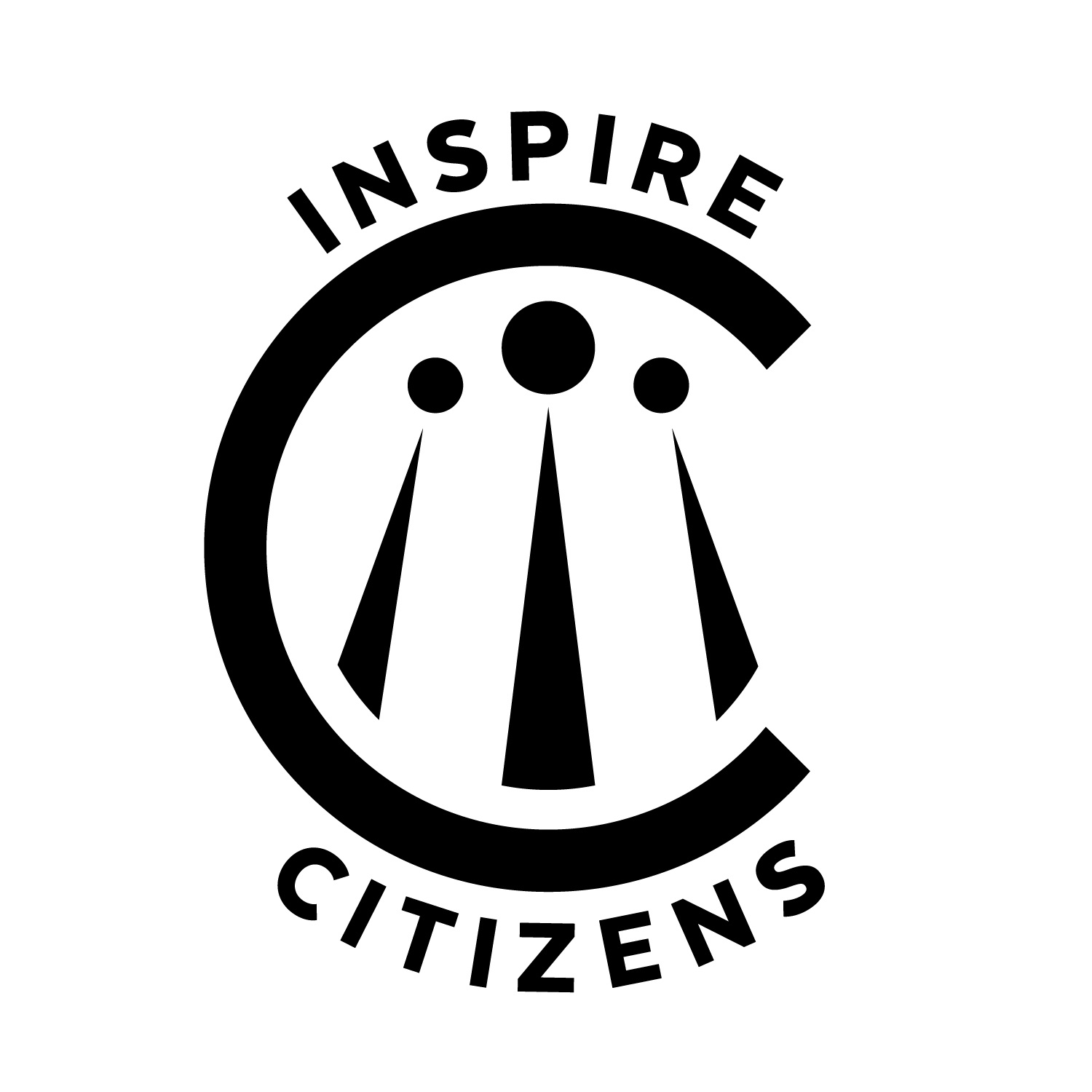Framing the CAS Experience for Greater Impact
Schools that offer the IB (International Baccalaureate) program are able to offer students unique learning opportunities such as the Theory of Knowledge course, the Extended Essay and the CAS (Creativity, Activity and Service) program.
CAS has incredible potential for students to explore new experiences and community connections as well as personal interests and creative pursuits. If students are set up for success with CAS, deep learning, self-knowledge and reflection can occur.
This fall, an Inspire Citizens (IC) partner school, Dulwich College Seoul, decided to invest in enhancing its CAS experience for grade 11 and 12 students. Scott Jamieson and Ivy Yan were excited to help the Dulwich team create a 2-day experience for all students to frame CAS for greater impact.
“We want the CAS experience to be meaningful, not just a check box for students,” explains Scott. “When we started planning with the team at Dulwich College Seoul, Ivy and I started with our new IC profile of a holistic global citizen (graphic below), and how we might engage with aspects through the lens of our empathy to impact approach.”
With the grade 11/year 12 group, Scott and Ivy asked students to think about what they truly care about, and why. Students wrote down ideas on a venn diagram that also included space to consider what the world needs. Students investigated the United Nations’ Sustainable Development Goals, the Inner Development Goals, circular economics, holistic well-being and social justice to generate ideas about what the world needs.
“In the middle of the venn diagram is the intersection of student passions and interests with what the world needs,” says Scott. “The intersection points can provide students excellent ideas for CAS experiences; they can be a powerful starting point.”
Ivy and Scott coached students away from ideas like fundraising and indirect service. Instead, they helped students consider how to engage in authentic service experiences with real impact.
“We planted a lot of seeds in the two days we spent with each year group,” reflects Ivy. “This is a new way of thinking for many students, and the idea of being the change you want to see in the world resonated with both groups. We also explored what it might look like to be a mediator or artist or warrior in relation to community engagement and changemaking, and the students appreciated these new ways of thinking.”
With the grade 12/year 13 students, Scott and Ivy focussed on futures thinking and leadership, and students explored a leadership tool kit with three key experiences:
Active listening (using cards from an IC “Out of the Blocks” learning activity)
A reflective walk (based on the principle of “wabi sabi”: embracing beauty in impermanence and imperfection)
Group collaboration (using questions from Harvard University’s Project Zero along with tools from Adaptive Schools and Liberating Structures).
“Most of the students resonated with active listening. It helped them understand the person they spoke with and how to communicate better, and they found this to be very helpful,” says Ivy. “The students were also very engaged with the wabi sabi walk; they were keen to share the photos they took on the walk and talk about their ideas.”
One student left a comment about wabi sabi on the Padlet that Scott and Ivy created for the year 13 session. She said learning about wabi sabi had helped her think about her IB predicted scores in a new way, giving her a new sense of peace and self-acceptance. This is an example of profound impact in terms of this student’s social and emotional health and well-being.
“We really enjoyed being able to partner with the Dulwich College Seoul team to create a new foundation for their current students’ CAS experiences,” says Scott. “It will be wonderful to see the impact of these sessions as the year 12 students create their CAS plans and engage throughout the year.”
Year 12/Grade 11 (top) and Year 13/Grade 12 Padlet reflections from Scott and Ivy’s sessions at Dulwich College Seoul.



